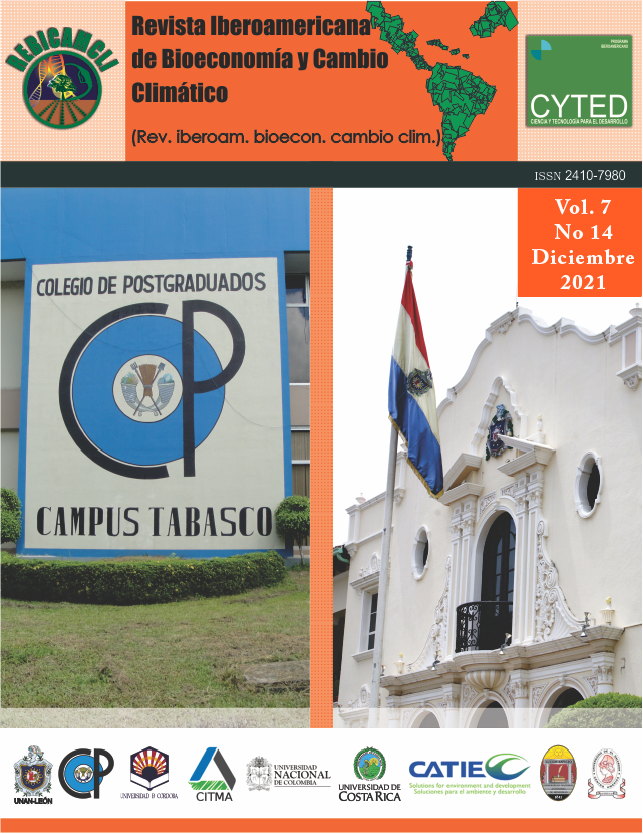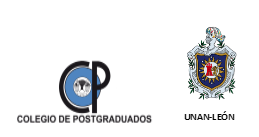The Climate roulette in Bolivia: Vulnerability to uncertainty and its effects on water supply
DOI:
https://doi.org/10.5377/ribcc.v7i14.12810Keywords:
Index of vulnerability to climate change, Drinking water, Cliamte change, Bolivia, ShapleyAbstract
Bolivia is one of the countries with the highest availability of water in the world; however, it has an annual water deficit that affects 13% of the urban population and 38% of the rural population; Furthermore, it is the country with the lowest storage capacities in water reservoirs in the region. The research analyzes the effects of climate change in the water sector and its impacts on the vulnerability of urban areas of the country. For this purpose, the climate change vulnerability index (CCVI) was used, which applies the Shapley decomposition method that identifies the weighted weights of the CCVI components. Among the findings, it is highlighted that the main change that Bolivia will go through will be the increase in exposure to droughts, which is why it is vitally essential to diversify water sources; Furthermore, given the population increase in the capital cities, the distribution of drinking water and the sewerage system must be improved. Concerning small cities, irrigation and sanitation mechanisms must generate to solve future climate changes. Finally, a water management culture must be generated - reuse of wastewater, moderate use of drinking water, among others. It is vitally important to prioritize these public policies, given that access to drinking water and sanitation is a human right that must be guaranteed for the social and economic development of Bolivia.
Downloads
865
HTML (Español (España)) 0
Published
How to Cite
License
Copyright (c) 2021 Ibero-American Journal of Bioeconomy and Climate Change

This work is licensed under a Creative Commons Attribution-NonCommercial-ShareAlike 4.0 International License.
Copyright © Rev. iberoam. bioecon. climate change (Graduate School and UNAN-León, School of Agricultural and Veterinary Sciences / Department of Agroecology / Center for Research in Bioeconomy and Climate Cahnge (CRByCC).







